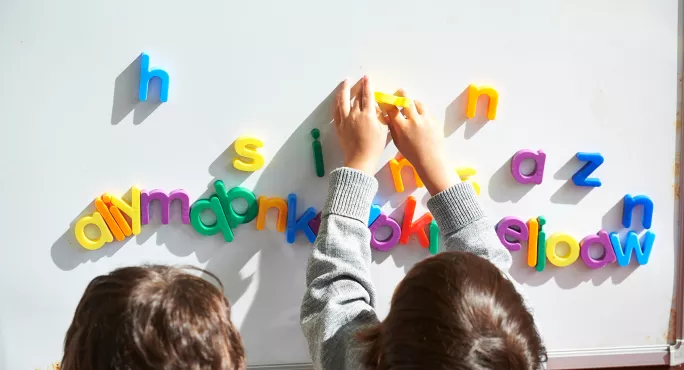More than 7,000 primary and infant schools in England have snubbed a chance to take part in the Reception baseline assessment pilot.
The controversial tests of 4- and 5-year-olds are due to become statutory in 2020, but 16,834 schools were invited to take part in a run-through this September.
The Department for Education has now revealed that 9,612 (57 per cent) of eligible schools will be taking part in the pilot.
Need to know: Reception baseline assessment
Quick read: DfE accused of hiding teacher workload implications of baseline
Opinion: The baseline assessment isn't perfect, but supporting it makes sense
The pilot has been backed by the NAHT headteachers’ union, which encouraged members to take part.
But there has been strong opposition to the introduction of the assessment.
A petition signed by more than 68,000 people calling for the baseline to be scrapped was delivered to 10 Downing Street last month by a group of four-year-olds and their parents as part of a campaign organised by parents’ and teachers’ group More than a Score.
Heads who have not signed up for the pilot have said the assessments are “ludicrous” and “flawed”.
And last year, educationalists such as Professor Sir Tim Brighouse, Professor Cathy Nutbrown and Professor Mick Waters were among 200 academics and educationalists backing a letter saying the results would be “unreliable” and would interrupt the “crucial settling-in period”.
The baseline assessment is due to be a 20-minute assessment of maths and language, communication and literacy (LCL) skills.
Children will be assessed one-to-one by teachers within a few weeks of starting school. The assessments are task-based using physical objects such as plastic shapes. Children will respond to the tasks and their answers recorded online by teachers.
As the test is designed to be the starting point of a progress measure for primary schools, it will not have a pass mark. Teachers will not be told children’s scores but instead will get "narrative statements" telling them how a child has done.
The government has said that once the baseline is in place, the current key stage 1 tests, which are the current starting point for schools’ progress measures, will be scrapped.
Nick Gibb, school standards minister, said: "Just like checking a child’s teeth or their eyesight, the Reception baseline assessment is a quick check of a child's early language and ability to count when they start school.
"It will provide the baseline of primary school progress which is an important check of our school system, providing important information on schools’ performance to make sure all children reach their potential.
“The pilot is an opportunity for schools to familiarise themselves with the format and help us make sure it works for both children and teachers - that’s why it’s so significant that almost 10,000 schools have registered to take part.
“The assessment will lighten the load for schools, which will no longer have to carry out whole-class assessments at the end of year 2 or deal with the test papers and administration that comes with that, while also being stress-free for children.”
Nick Brook, deputy general secretary of the NAHT, said: “If a baseline assessment is to be a success, it is absolutely critical that it is done right, which is why it’s encouraging that so many schools have signed up for the pilot.
"This will mean that the assessments can be trialled across the full range of provision. This is important because it will tell us whether the assessment which has been developed works for teachers and children, and what the next steps should be.”




